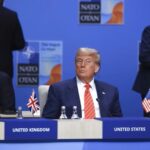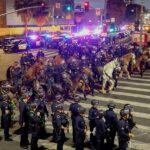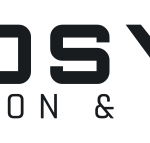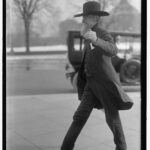The indictment states that Comey authorized “PERSON 3,” identified as Richman, to act as an anonymous source regarding the FBI’s work. Richman, a longtime law professor, previously served as an unpaid “Special Government Employee” at the FBI during Comey’s final two years leading the bureau, with a focus on encryption issues.
Richman gained public attention in 2017 after Comey admitted to providing him with memos documenting conversations with then-President Donald Trump, some of which were relayed to The New York Times.
In past interviews with federal investigators, Richman insisted he never shared classified information and believed he was disclosing “unclassified, unprivileged” details of significant national importance.
Testimony at Issue
The indictment highlights Comey’s sworn testimony during a Senate Judiciary Committee hearing in 2020, where he denied authorizing leaks.
Sen. Ted Cruz pressed Comey at the time on whether he or others at the FBI had served as anonymous sources for news reports related to either the Clinton or Trump investigations. Comey testified that he had not and maintained that position even when confronted with contradictory public statements by former Deputy FBI Director Andrew McCabe.
When Cruz asked him directly whether he had ever authorized anyone to leak, Comey replied: “I stand by the testimony you summarized that I gave in May of 2017.”
Best Personal Loan 2025: Unlock Financial Freedom with Quicken Loans
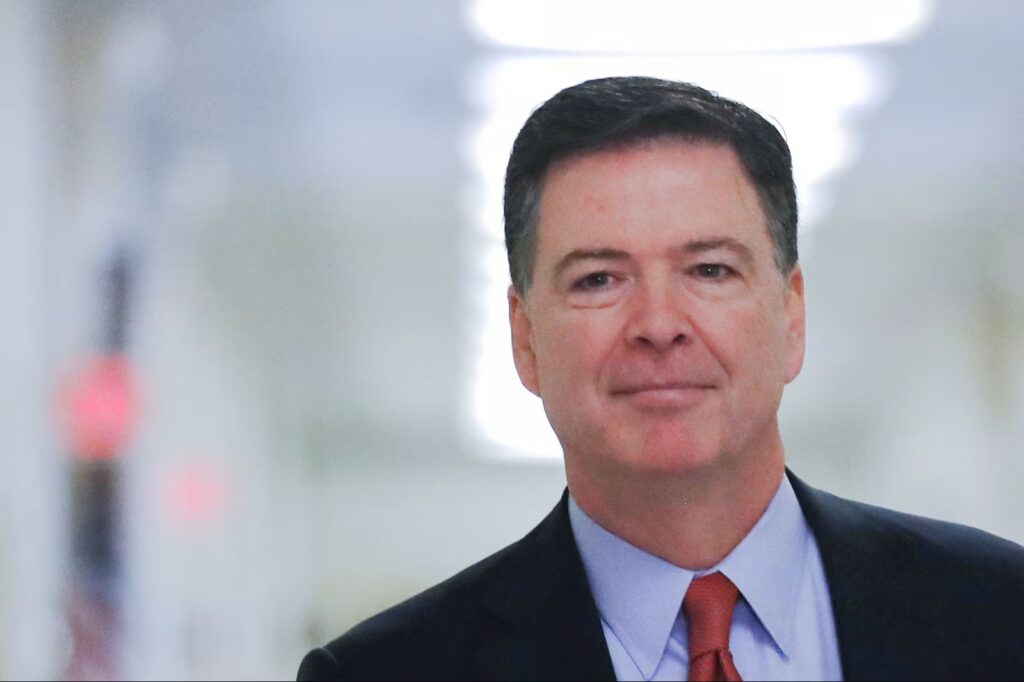
Broader Context
The allegations about Richman’s role raise questions about whether he qualifies as “someone else at the FBI,” given his unpaid but official designation as a special government employee. Justice Department and FBI records confirm his involvement during the period in question.
The indictment does not specify which media reports are under scrutiny, and Justice Department officials have not publicly elaborated on the case.
